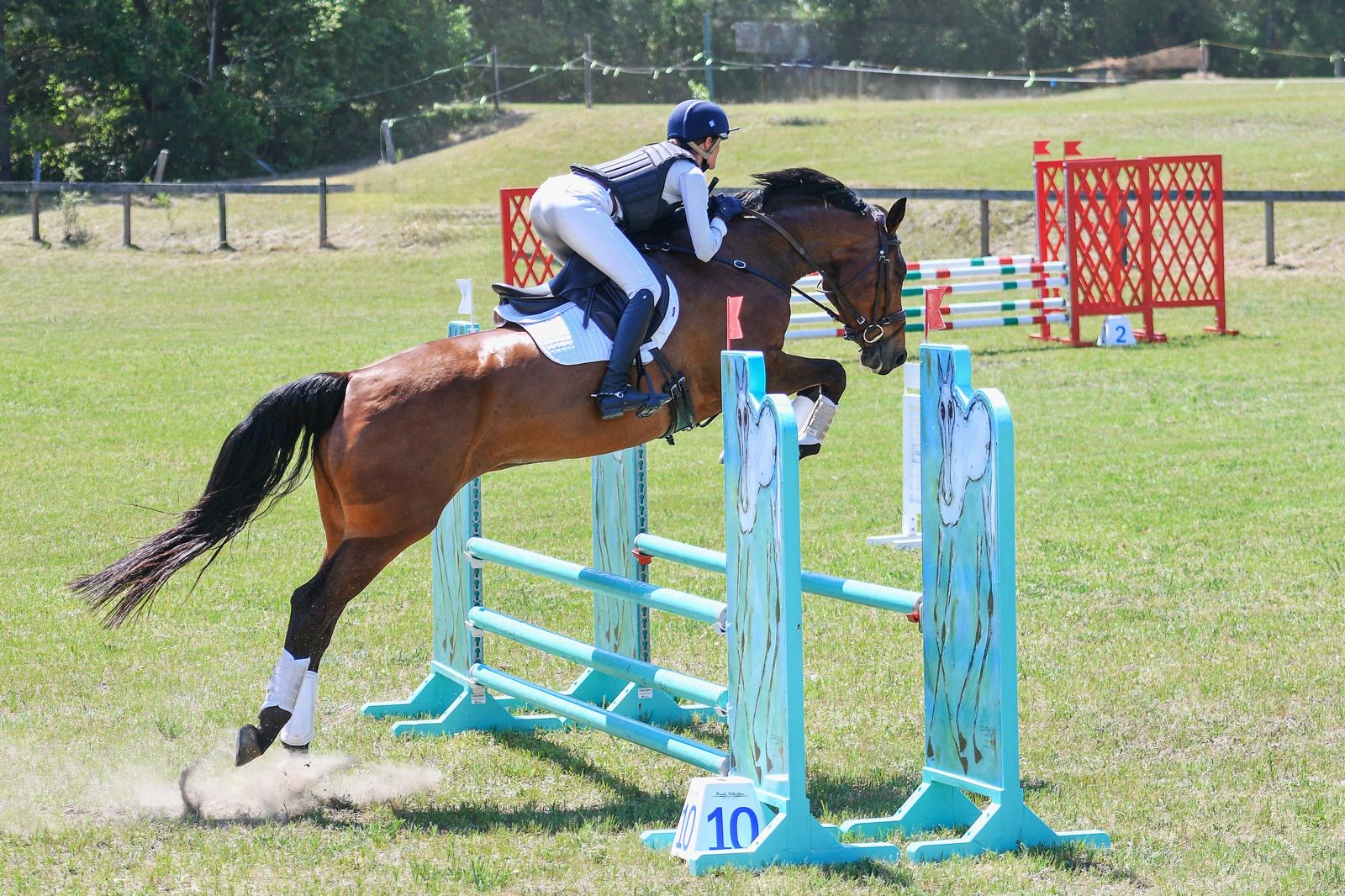Ella Rak impressed us with her writing ability and fun style so much that she made it to the Final Four of EN’s 2013 Blogger Contest. As with the rest of the finalists, we invited Ella to contribute a weekly piece to the site. Thanks to Ella for writing, and thank you for reading.
From Ella:
Land Conservation: Make or Break It
Much of the progress of our sport relates to the land we have to work with; as our land shrinks, so does our sport. We can improve our horses, our riding, and our equipment, but if we don’t have the proper land to use, it is all for nothing. One of Pony Club’s often overlooked goals is to promote land stewardship. I am no old timer grousing about the past, but in my very short stint in the event world I have seen many changes in the land we have to work with, from the sprouting of new events to the fading of old ones, and the constant battle of development. Eventing is a reflection of our past, and embodiment of the present, but if we aren’t careful, the sport could easily fade from our future. Where ever you live in this country, land for horse upkeep and competition is disappearing into a variety of subdivisions, soccer fields and strip malls, limiting your equestrian options greatly. The battle between urban and suburban progress and rural safeguarding runs a very fine line, but to protect our present and our future sport, we need to care for and advocate for our land.
I live in what is considered to many to be the heart of event country in Area 2, but when I look around there isn’t a green space in sight. My neighborhood of suburban wonder used to be a large horse farm; my bus route was an area fox hunted and trail ridden by riders less than a generation ago. Personally, I find it incredibly disheartening that such a major part of our past has all but faded from many areas, and that many places the general public cannot see the value of a cross-country course or polo field over a soccer park. Our equestrian history spans far beyond recreational, as local farms that housed the men, animals and documents that built this country are forgotten. Our history is in more than just a textbook, it is part of the people and part of the land, so erasing our landscape cuts down more than a few trees.
The first step we have to take is to support the land and organizations we have. When subdivisions are as infectious as strangles, we have to support the local parks and lands even more , with your attendance at events, donations, votes, or even just expressing your appreciation. Whether we like it or not, being an equestrian is a privilege, not a right, and we must remember that. We may not have the land to host long format events most places anymore, but all equestrian sports from the trail riders to the jumper ring are now being threatened. Go out to your local shows, ride your local trails, and sure as heck, make sure your presence and voice is heard. Those town hall meetings you skip to go ride; the local politics that seem pointless; they all add up, and when the votes come in, it does matter. The event community is such a supportive group, we just need to harness the passion we have for our horses into conserving it for our own future and generations to come.
The next step is properly maintaining the lands we currently use. I am not just talking about physical maintenance, but also maintaining working relationships with other local owners and consumers. Many equine facilities must have multiple uses to be viable, and maintaining those relationships is vital for the equestrian community, from a political standpoint as well as financial. If we don’t explain what eventing represents, and it’s relationship to the land, they won’t know what they are missing out on. But flexibility is the name of the game. If we can design our facilities to accommodate cross country runners, dog shows, 4H, llama shows (etc), we can get supplemental income, exposure, and solidify its place in the community just a little bit more. Taking good care of your facilities can only make it a more attractive commodity for the locals, while giving yourself a more enjoyable space.
Finally, we have to proactively protect the lands of the future. Land owners have the special advantage of controlling much of the future of their property, and we should encourage them to legally protect it for the generations to come. Designating land to stay undeveloped can release a lot of pressure for sale, and can allow an individual to have a community-wide effect. Educating people of all age on land conservation addresses prepares the future stewards of the land, a skill so often overlooked. If we are lucky enough to hold onto it, we need people who know the what, when, why and where of the land.
As you wrap up your event season in the coming months, think about the past, present and future of the event you are attending. Think about what you can do to protect your local venues; think about what your role is in the local community; think about the land you stand on, as the future of eventing depends on it.




















